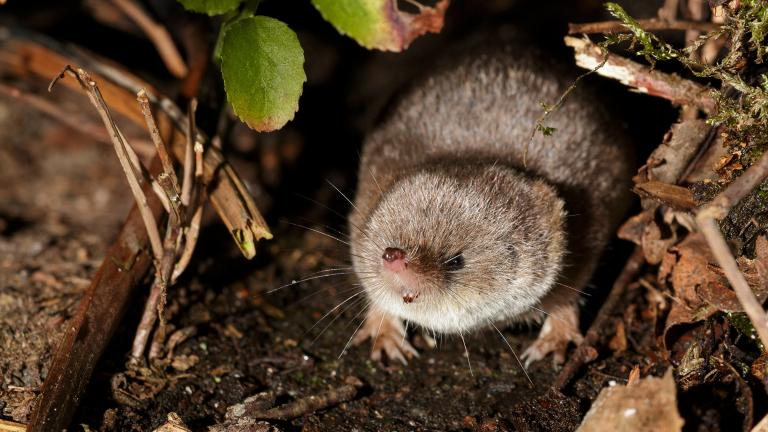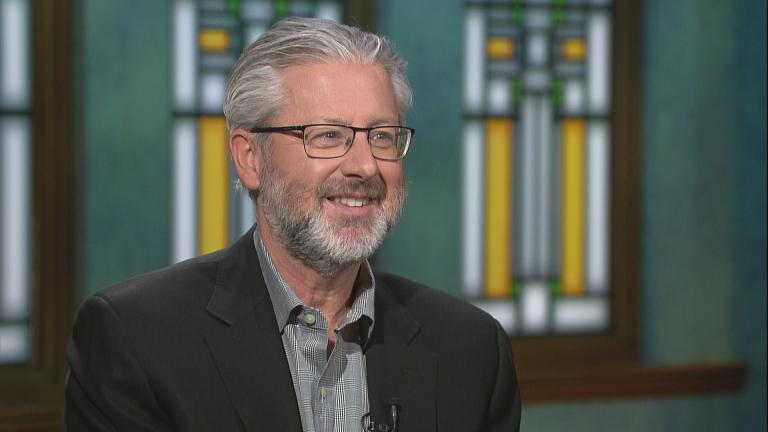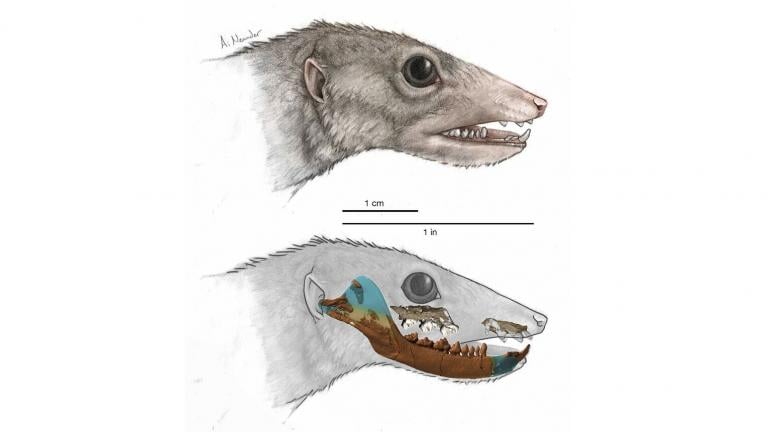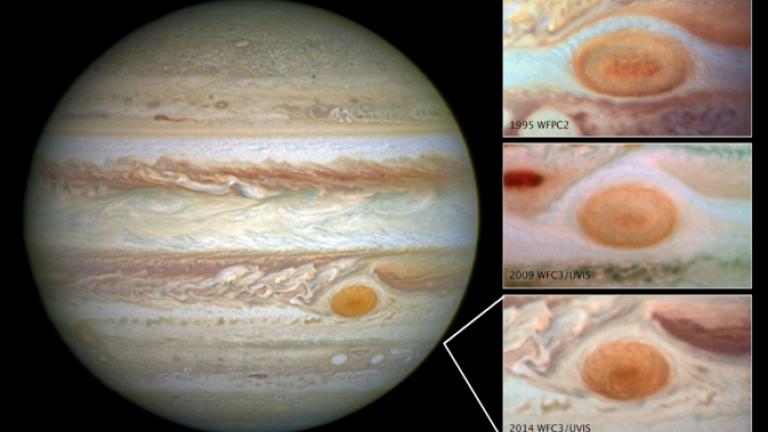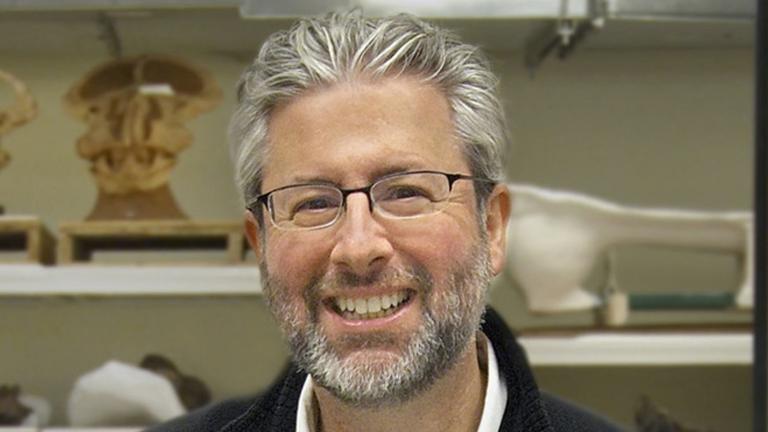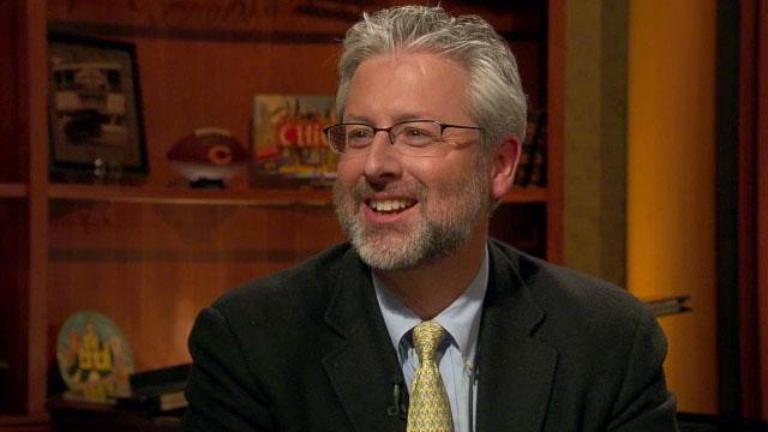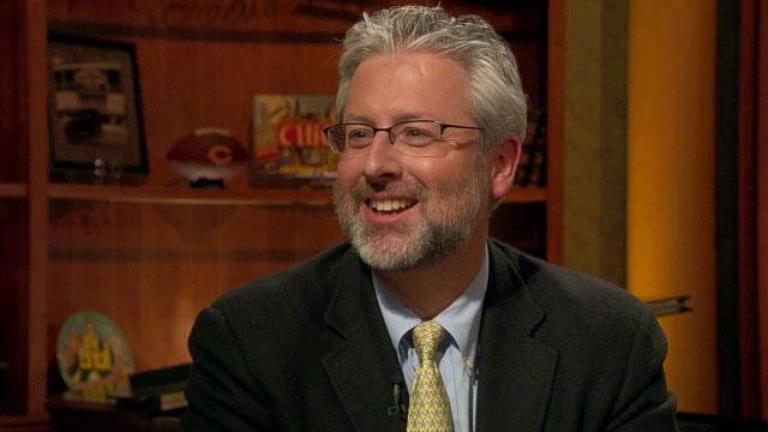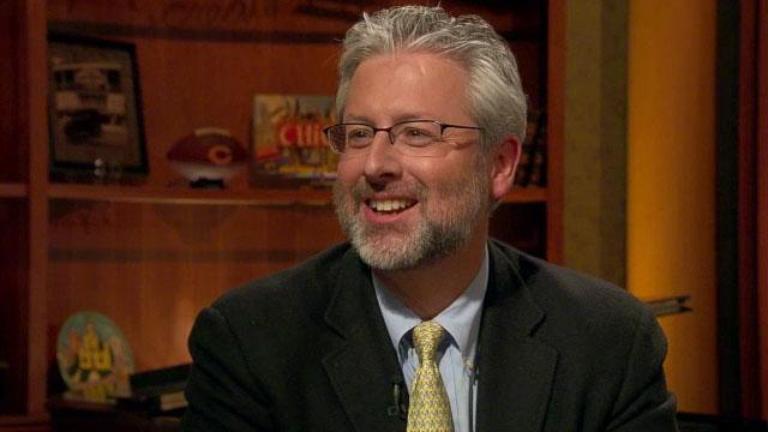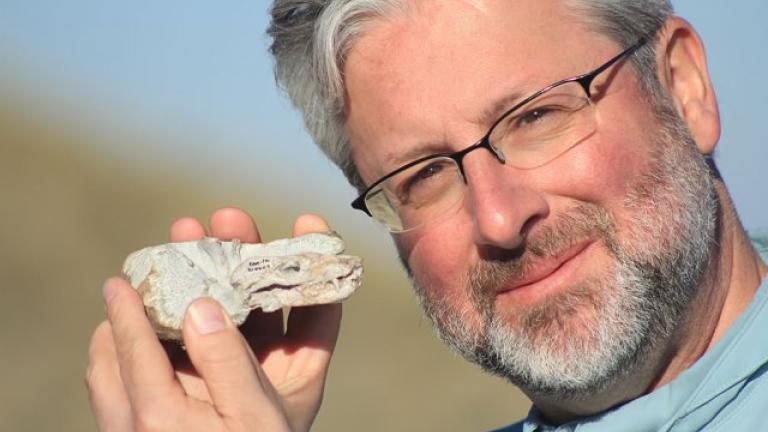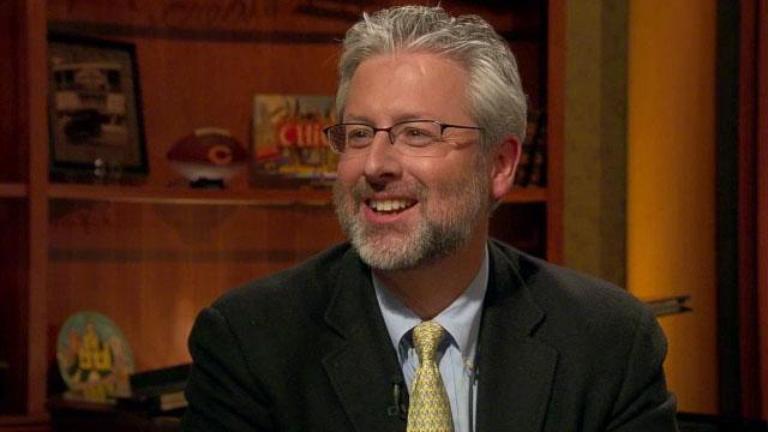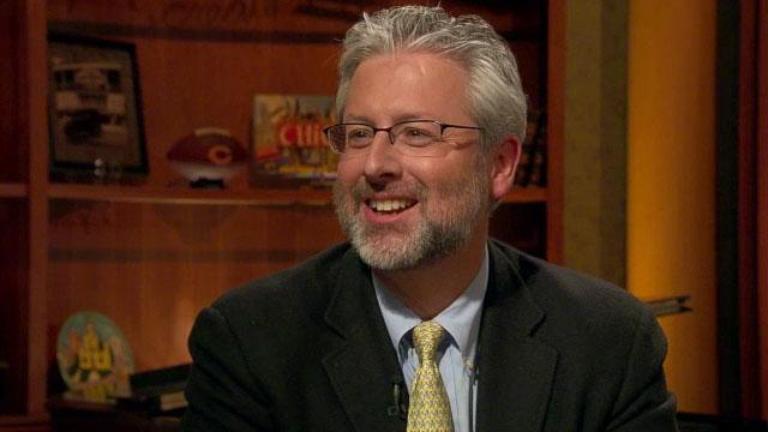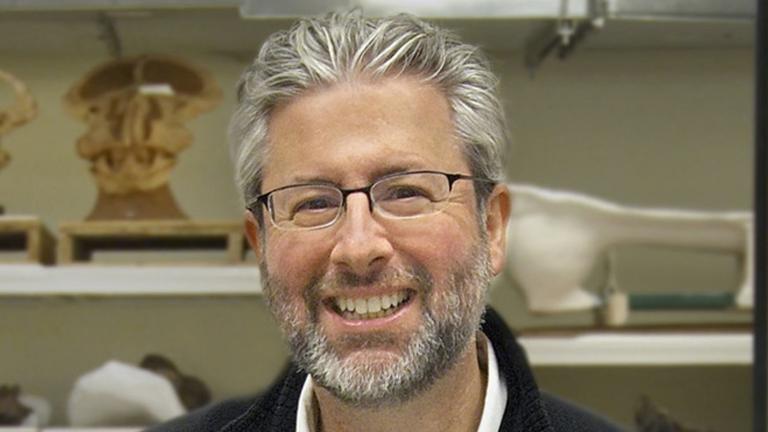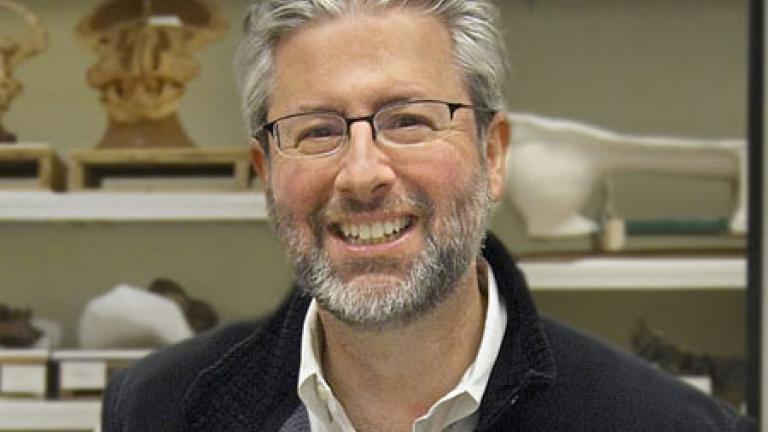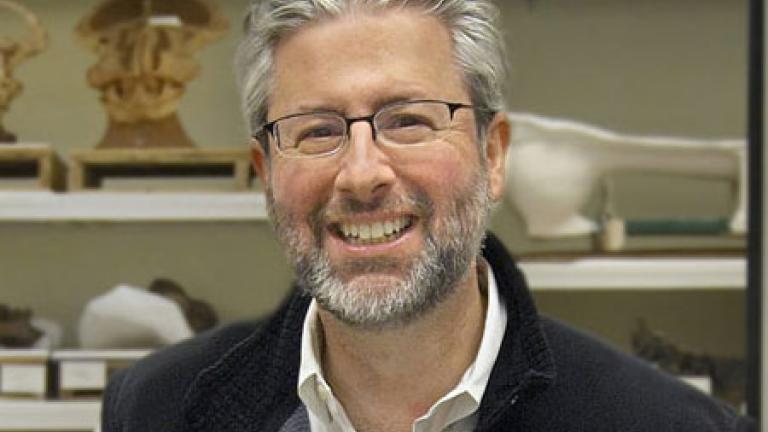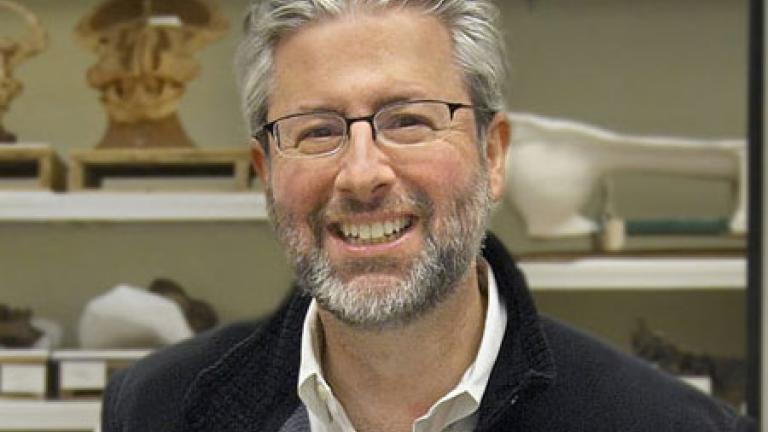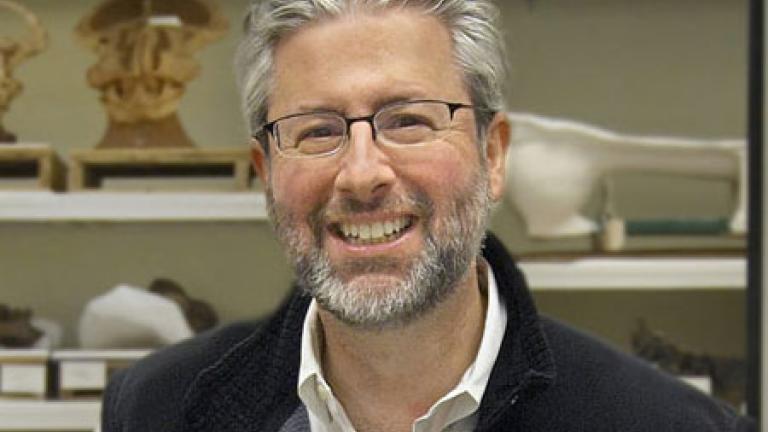University of Chicago paleontologist Neil Shubin returns for another review of stories making headlines in the world of science.
Neil Shubin
Neil Shubin has traveled the world in search of fossils to help better understand evolutionary origins. He tells us about his latest research on Earth’s southernmost continent.
A new high-tech analysis of the fossilized jaw bone of Haramiyavia clemmenseni, one of our earliest ancestors, is shedding new light on the mammalian family tree. University of Chicago paleontologist Neil Shubin was one of the lead authors of the study and he joins us in studio to talk us through the findings.
What can a mutant fruit fly can tell us about sleep? Why might forests in Alaska be contributing to climate change? And is Jupiter's Great Red Spot shrinking? University of Chicago paleontologist Neil Shubin is back to discuss these stories and more.
Perfect Pitch, Trap-Jaw Ants, Virgin Births & Shrinking Mount Everest
Once thought impossible, new research suggests people can learn perfect pitch. University of Chicago paleontologist and science explainer extraordinaire Neil Shubin is back to discuss that, the unique way trap-jaw ants avoid predators, “virgin births” in sawfish, and the shrinking of Mount Everest.
Scientist Neil Shubin is back to tell us why the U.S. Military is so interested in the bombardier beetle, why taking a hands-on approach is a better way to learn science, and why astronomers may want to avoid using the microwave when heating their lunch.
Dogs, Mini-Mammals, Crowd-Sourcing & the Planet's Inner Core
What can ancient dogs tell us about early human migration to the Americas? And how are scientists using earthquakes to scan our planet's inner core? University of Chicago paleontologist Neil Shubin joins us with a roundup of local science news.
Ocean Extinction, Conception Sparks, Brain Generosity & Epilepsy
Our science guy, Neil Shubin, talks about the latest science stories, including a study on the health of the world's oceans, why sparks really do fly at the moment of conception, and a new study finding that generosity can be "written" in the brain.
Our science guy, Neil Shubin, is back to talk about the new PBS three-part series based on his bestselling book, Your Inner Fish. Watch a preview and read an overview of the series.
Lasers, Robotic Fish & Big Bang Afterglow
What is a robotic razor fish teaching scientists about building better robots? Why are Argonne scientists going down to the South Pole? And how can a tiny laser boost high-speed data transmission? Our science guy, Neil Shubin, has those stories and more research news in this edition of Scientific Chicago. Read an article.
Songbirds, Psychopaths & Salt
What can the songs of the Zebra finch tell us about the development of language in humans? Our science guy, Neil Shubin, tells us more in this edition of Scientific Chicago.
Our science guy, Neil Shubin, joins us to talk about the link between our bodies and the universe around us.
Dinosaurs, Deception, Touch & Nanoparticles
Can lying be perfected? Researchers at Northwestern University delve into the art of deceit. Our science guy, Neil Shubin, joins us to explain these stories and more in tonight's Scientific Chicago.
Battery Advancements, Bio-bots and Political Polarity
How malleable are political views? And a robot made without any electronics? Our science guy, Neil Shubin, joins us to help answer these questions and more in tonight's Scientific Chicago.
“Brain Clock”, Microbiomes, Levitating Pharmaceuticals, Smell & Dark Energy
Our science guy, Neil Shubin, explains how what appears to be a magic trick is helping scientists develop pharmaceuticals with fewer side effects. He has that story and more on tonight's Scientific Chicago.
Mosquitoes, Spatial Learning, Lefties, Higgs Boson Particle
Why are there so few lefties? How can we help our children become better in math? And what's all the hype about the Higgs boson particle? Our science guy, Neil Shubin, joins us to help answer these questions and more in tonight's Scientific Chicago.

